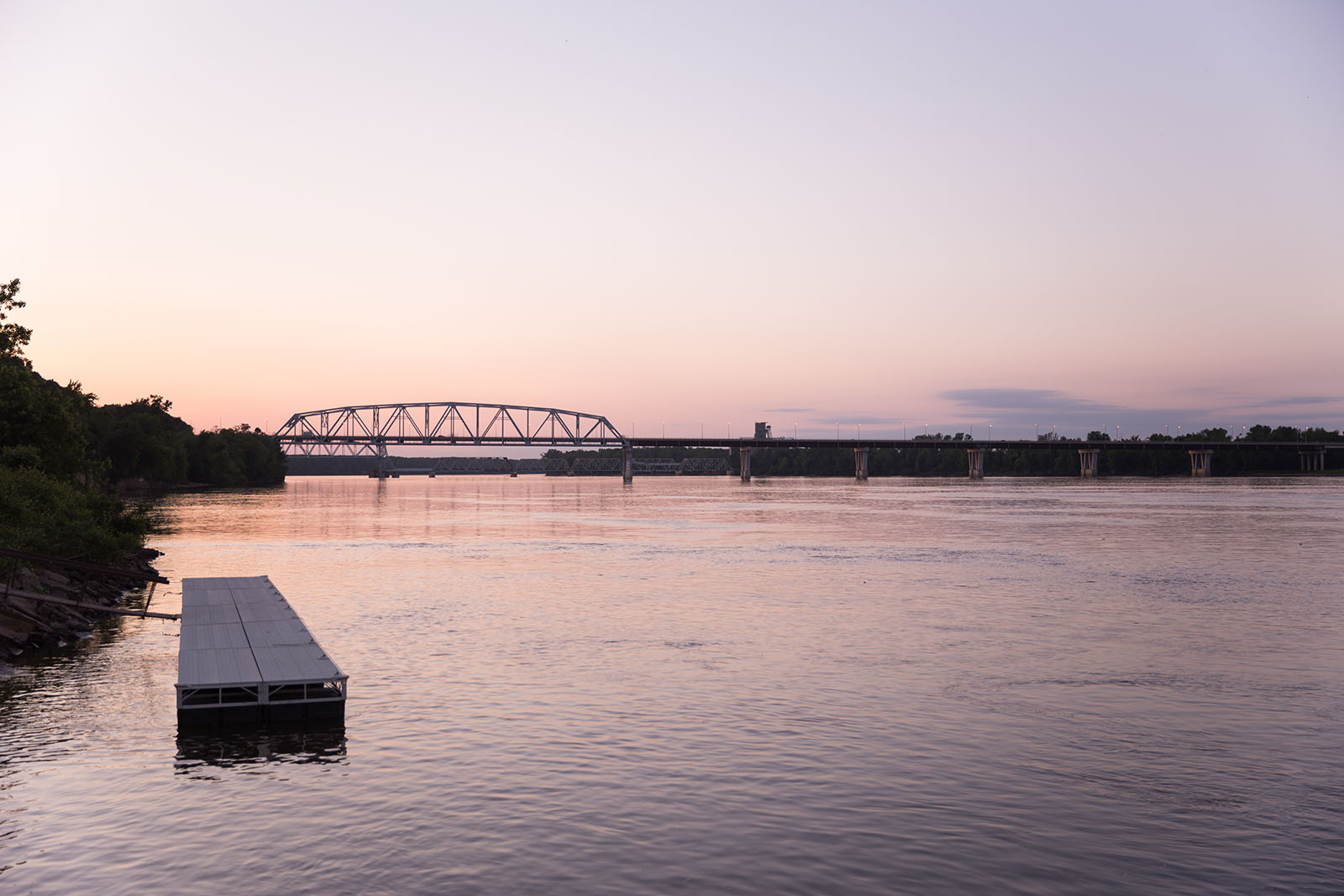Due to continuing drops in water levels and increasing scarcity, cuts have been announced like never before, not only in Colorado but in six other western states, which will have 60 days to determine the best way to reduce water consumption. This is clearly an emergency situation, as last month the US Bureau of Reclamation imposed the first Tier 2 water restrictions, an emergency measure that was unthinkable even a few years ago.
The latest drastic cuts mean that next year Arizona, Nevada and Mexico will see their share of Colorado River water drop by 21%, 8% and 7%, respectively, and there could be more.
“People need to understand how important the Colorado River is to all of us,”
Said Elizabeth McVicker, Ph.D., J.D., professor of management at Metropolitan State University of Denver, who was instrumental in creating the One World One Water Center. (OH WOW). “It provides clean water to 40 million people in seven states, fuels many major cities, and generates electricity for 5 million homes. If it fails, we all fail.”
Waste of water
Taking into account that US agriculture uses 80% of the Colorado River’s water, it will not be an easy task to deal with this emergency, among other things because of its waste and some leaks.
“Right now, our desert farmers are using billions of gallons of US water to grow cotton and hay for export to competing countries like Saudi Arabia and China,” McVicker said. “Where is the sense in that?” The entire agricultural industry, he argues, needs to take a hard look at itself.
For a better example of how to get things done, McVicker points to Aurora, where a new city proposal seeks to eliminate “non-functional grass” on nearly all new development, including residential lawns, medians and commercial properties. “They are taking real, concrete action and defending the simple idea that we have to preserve in order to thrive,” he said.
One of the goals of the Sandford Scholarships is to persuade Coloradans to take a more responsible approach. “People are amazed when I show them how our native plants have complex root systems up to 5 feet deep, unlike the shallow Kentucky bluegrass,” he said. “These plants are literally ingrained in our tradition, so we should be using them a lot more.”
As a silver lining to the current crisis is the water industry which is growing rapidly and becoming more and more a realistic career option for students.
“Water is one of those critical elements that cuts across all aspects of our lives,”
He said. “And MSU Denver’s excellent courses offer a path to a field of study that is not only fascinating and rewarding, but can also bring about real social change.”
Read more:
CNN – Mississippi River Low Level
Reuters – Drought has killed 205 Kenyan elephants in 10 months, minister says
ABCNews Go – Historic Lake Mead drought leads to disturbing discoveries on dried up ground
MarketPlace – Water conservation plan for Colorado River remains in holding pattern



